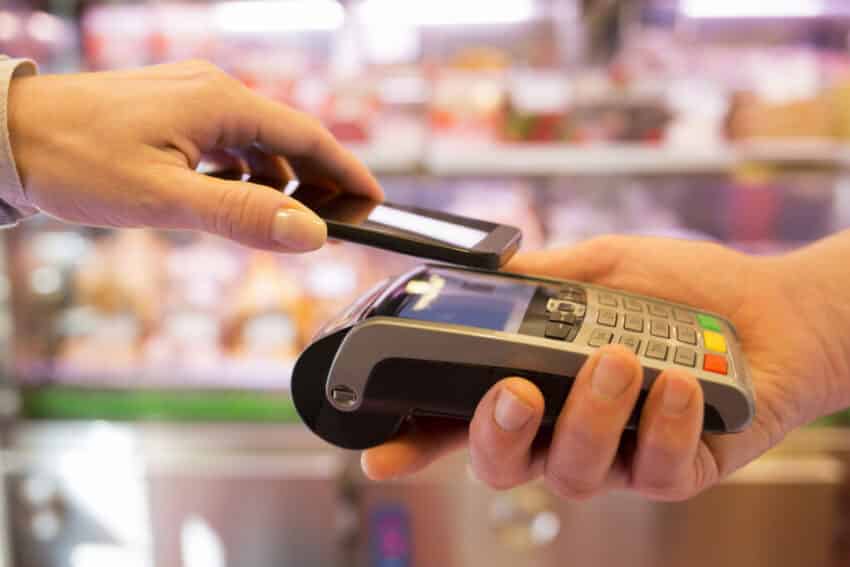Modern technology has enabled online business and e-commerce merchants to offer customers swift and secure digital transactions.
As taking payments is core to the success of an e-commerce business; it is, therefore, vital that you partner with the right payment gateway provider.
While setting up online payment methods for products and services is no longer a challenge for eCommerce and online businesses, there are certain factors to consider when choosing a payment gateway. Here are the top 5 factors to help you choose the right payment gateway for your business.
What is a Payment Gateway
A payment gateway is a software application that allows online and e-commerce businesses to process payments by securely transferring credit card information from a website to the credit card payment network. The transaction details are then fed back to the merchant advising that the payment has securely been processed. While this may seem like a quick and straightforward process, it is actually quite complex with a number of components working together at the back end to ensure that the funds move seamlessly and securely from buyer to seller.
User Experience
One of the major reasons for shopping cart abandonment is that the customers find the payment processing process too complicated, they start navigating the hurdles to make the purchase and then give up. To convert customers to buyers and to keep them coming back, you need to have a shopping experience that is convenient and frictionless.
One of the important things you should look for in your payment gateway is what their user experience is like on both web applications and mobile applications. Does the payment processor offer on-site payments, keeping the payment processing on-site is key in increasing brand retention amongst clients. Luckily, companies like Braintree have mastered the user experience, providing great satisfaction to both merchants and consumers.
Fees
With payment transactions come payment fees; however, the types of fees vary depending on the provider you use. The three typical types of fees you will come across are set up fees, transaction fees and monthly fees, some providers will charge you for a membership fee, others will only charge you based on your monthly usage.
When looking into service providers, it is essential that you have first worked out your budget and expected sales revenue, this will help you determine which provider will best work with your business. Fee’s are a part of business, but they do add up, spending the extra time researching and finding the right provider for you, will save you money in the long run.
Multi-Currency Transactions
While the global business has enabled us to purchase products from all over the world, when it comes to payment processing, there are certain complexities. Businesses need to be able to process multiple currencies while factoring in currency exchange and its fluctuations. This may mean for some merchants; they will require various bank accounts, compiling to regulations or in some cases, multiple business entities. If your business is planning on spanning over numerous countries, choosing a payment service provider with the infrastructure to support international transactions will make your payment processing seamless.
Recurring Billing
Recurring billing is a feature that will enable you to set up an automatic billing cycle for subscription-based customers. For any business operating on a monthly, quarterly or annual billing cycle, having recurring billing is a necessity. To do this, you will need to have your payment gateway integrated with your invoicing software, using multiple programs to ensure that your customers get the best user experience while saving you time and money in a white label payment gateway.
Customer Support
If something goes wrong, you need to be able to get it rectified as soon as possible otherwise you will lose sales. While you can read manuals and follow instructions, sometimes you need technical support, and the ability to get it on hand is invaluable. Some payment gateway services limit their support, finding a payment processor who has 24/7 customer support will be vital to your business.
Secure Transactions
One of the biggest threats facing online businesses is security breaches. Security breaches can impact the business financially as well as negatively impacting their reputation. When a customer processes a transaction they expect their data to be safe as well as their money to transfer to the merchant seamlessly and securely. That is why when it comes to security, ensuring that your payment processor is proactive about securing data and continually updating their security measures will mean that you can be assured that your customers are safe.


